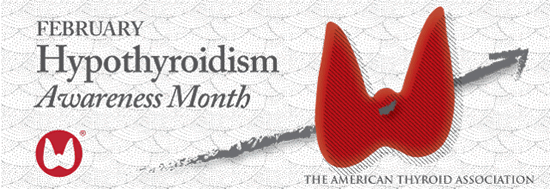PCPs, defined as the doctors who were most involved in their thyroid cancer care, were named by their patients. Patients answered questions about their age, sex, race/ethnicity, income and health insurance. PCPs questionnaires included age, race/ ethnicity, how long have they been in practice, etc. Over 2600 patient and 162 physicians responded to the study. The majority were women, 20% self-identified as Hispanic, 11% as Black and 9% as Asian. Patients were more likely to find out about their cancer diagnosis by their surgeon (40%) and only 13 % by their PCP. But when compared by race, Hispanic patients were more likely to find out about their diagnosis from their PCPs. Other ethnic groups reported similar findings. Black and Asian patients were more likely to discuss treatment with their PCPs in comparison to White patients. In terms of age, the older the patient the more likely they were to discuss treatments with their PCP. Of the PCPs who reported discussing diagnosis and treatment of thyroid cancer, only about half of them felt comfortable discussing treatment options.
WHAT ARE THE IMPLICATIONS OF THIS STUDY?
In summary, in older patients and in patients from racial/ ethnic minority groups, PCPs were more likely to be engaged in the thyroid cancer care with less involvement of specialist. These findings may point out to inequalities in the care of patients with thyroid cancer and the barriers to seeing specialists. Programs to help facilitate timely PCP referrals to specialists and establishing satellite clinics in underserved areas may be beneficial in reducing these disparities. Educating the PCPs in thyroid cancer management will help them feel more comfortable treating their patients and in this way will result in better patient care.
— Susana Ebner MD




